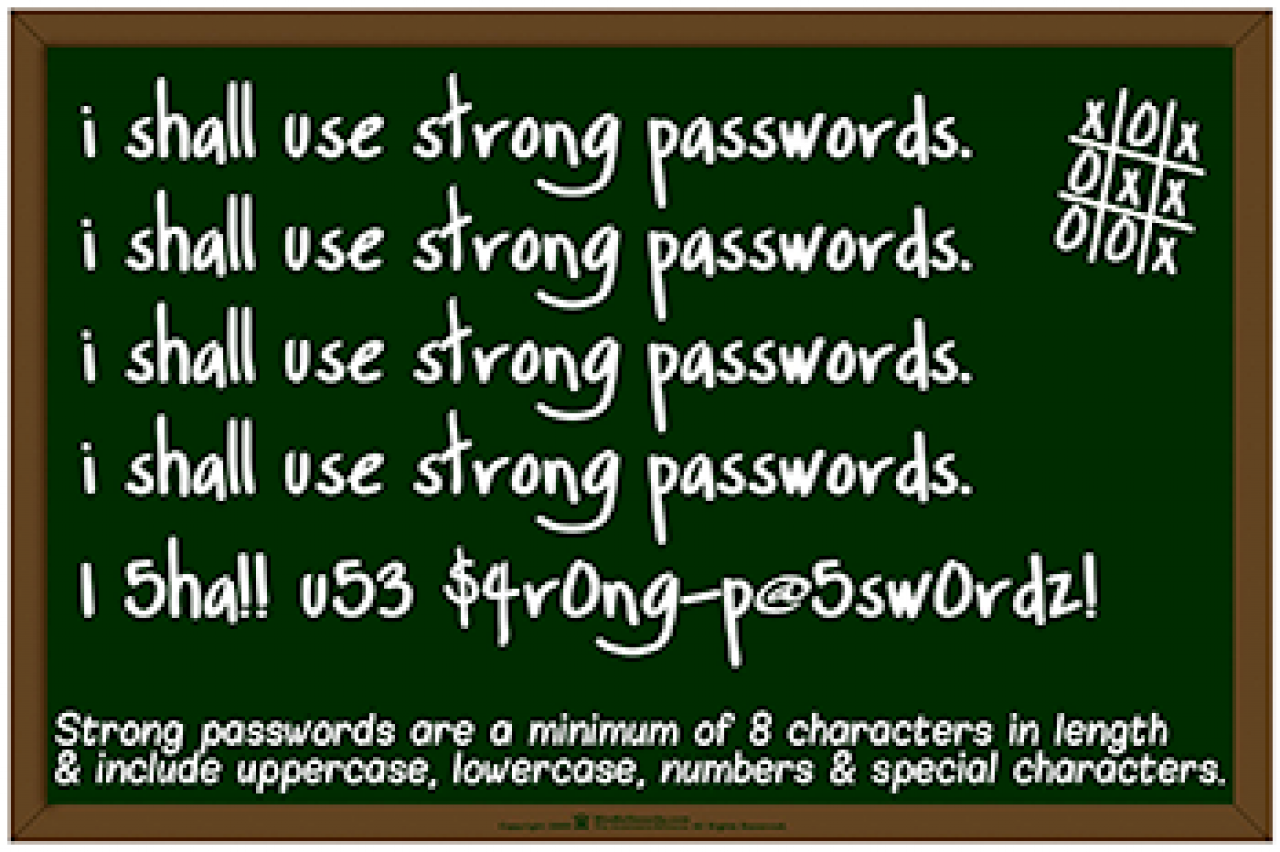Keep Your Identity Safe During National Cyber Security Awareness Week
Some months ago, my sister had her identity stolen. While she was able to get everything restored to mostly normal, she had a terrible time in the process. Months of calling people trying to convince them she was who she said she was as well as filing mountains of paperwork and paying fees, all so […]
Some months ago, my sister had her identity stolen. While she was able to get everything restored to mostly normal, she had a terrible time in the process. Months of calling people trying to convince them she was who she said she was as well as filing mountains of paperwork and paying fees, all so she could be legitimately identified as herself. Further, it impacted her ability to purchase a house last year (which, with four growing kids is essential) and it’s made many of their other purchases and just life in general a giant ball of frustration.
What this said to me is that cyber crime and identity theft can happen to anyone—including those of us like you and me who are sticklers about what info we share online.
To that end, if you think identity theft only happens to other people, you may want to reconsider how you are protecting yourself from ID theft after reading these facts:
- According to http://fearlessweb.trendmicro.com, an estimated 12 million people fall victim to identity theft each year
- Rolandtech.com reports that at least 10 million U.S. residents had personal data stolen in 2012
- The Federal Trade Commission (FTC) states that while the majority of identity thieves obtain information to make purchases, the remaining victims of ID crimes find that personal information was appropriated for nonfinancial reasons, such as procuring tax forms or government documents
- It takes much longer (years in some cases) to undo the damage done by ID thefts than the time it takes for criminals to steal your information (U.S. Department of Justice) (Just look at what happened to my sister…)
In support of Cyber Security Awareness Week, May 20,-24, 2013, we are presenting valuable tips that may help prevent you from becoming a victim of ID theft. Although not considered a "violent" crime, ID theft can be as emotionally devastating as experiencing something as traumatic as a home invasion or robbery. Taking these precautions and remaining vigilant of potential scams floating around the Internet can dramatically reduce your risk of suffering an identity theft experience.
Before throwing away credit applications, old checks, doctor bills, bank statements and other documents containing any type of your personal information, make sure you shred them into pieces too small to be reattached.
NEVER give out personal or financial information to anyone over the Internet or the phone unless you are 100 percent certain of whom the person is with which you are dealing. No matter how intriguing an unsolicited offer seems to be, don't fall for it or the thief's worthless sales pitch
When performing online transactions, only trust sites that use encryption software. You can recognize such sites by the lock icon located in the status bar.
Don't use the same password over and over again. Strong passwords resistant to hacking contain a combination of letters, numbers and symbols.
Finally, don't fall for phishing - an email containing downloads or files that harbor malware designed to steal passwords. Keeping your antivirus software up-to-date and your firewall always "on" will also effectively protect your computer against ID theft.
--Andrew Parker, Managing Editor

 Member Connect
Member Connect